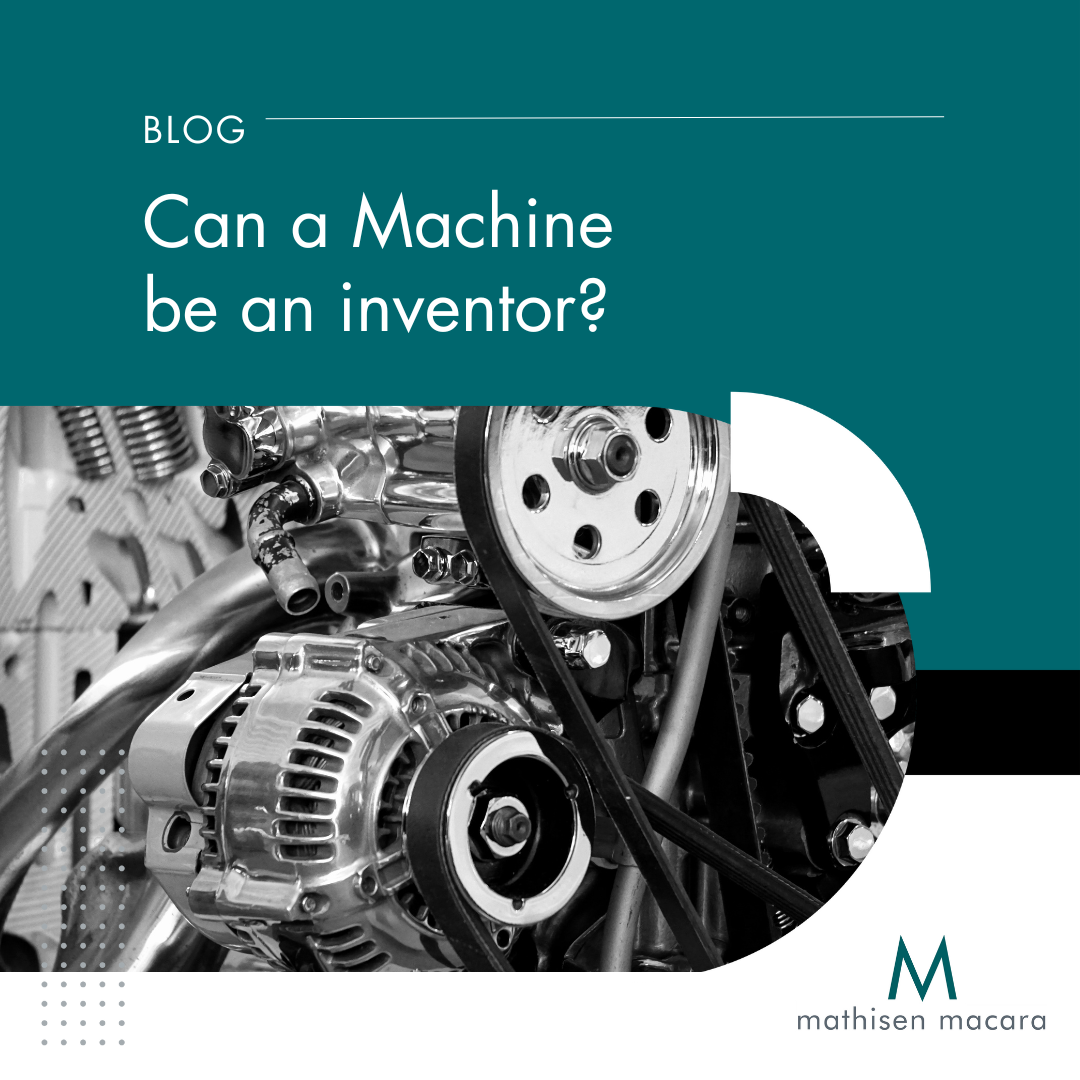Thaler vs. Comptroller of Patents – Can a Machine be an inventor?
At the end of 2023, the UK Supreme Court finally put to rest the question of who (or perhaps what) can be named as the inventor of a patent.
The UK Patents Act in Section 7(3) states that for the purposes of the Act, an ‘inventor’ in relation to an invention means the actual devisor of the invention. This case arose in relation to two patent applications in the name of Dr Thaler.
The Act requires the inventor to be named in the application but rather than name himself as inventor, Dr Thaler instead named a machine known as DABUS (Device for the Autonomous Bootstrapping of Unified Sentience). DABUS is an artificial intelligence (AI) machine which Dr Thaler stated was the actual creator of the inventions claimed in the two patent applications. Dr Thaler asserted that he had the right to be granted the patents because he was the owner of DABUS.
The UK Intellectual Property Office (UKIPO) did not accept that a non-human entity (DABUS) could be considered to be an inventor under the Act and so the patent applications were deemed to have been withdrawn for failure of correctly identify their inventor.
The Supreme Court considered three questions:
- What does the term ‘inventor’ mean in the context of the Act?
- Should Dr Thaler be entitled to patents for inventions made by DABUS?
- Was the UKIPO correct to consider the patent applications to be withdrawn?
The Supreme Court was not persuaded by Dr Thaler’s case. The decision considered the Act to be clear. No indication could be found anywhere in the Act to suggest that the word ‘devisor’ mentioned in Section 7(3) should be given anything other than its ordinary meaning of ‘a person’. An inventor must thus be a natural person with legal personality. DABUS, being a machine, was clearly not a natural person with legal personality so could not be an ‘inventor’ under the Act. DABUS could thus not have invented the inventions described in the patent applications and so Dr Thaler’s attempt to name DABUS as inventor must fail.
The Court’s answer to the second question was also not in Dr Thaler’s favour. Although Dr Thaler was the owner of DABUS, this in itself did not give him the right to any patent. The Judge noted that the Act is silent on the ownership of inventions made autonomously by a machine and by extension, there can be no right to an invention based on the ownership of the machine. DABUS has no legal personality so cannot be an inventor and Dr Thaler’s mere ownership of DABUS did not give him the right to any patent in respect of technical advances made by DABUS.
Perhaps not surprisingly from the answers to the first two questions, the Supreme Court were entirely supportive of the position taken by the UKIPO in answer to the third question. It was perfectly proper for the UKIPO to deem the applications to be withdrawn as Dr Thaler had failed to provide the name of the person who was the inventor.
The Supreme Court noted that the outcome would have been different if Dr Thaler had instead used DABUS as a tool to devise the inventions as he would then be both the inventor and rightful owner. However, DABUS was not devised to actually obtain granted patents but rather to test the limits of the patent system. Similar decisions have been reached before the European Patent Office, the USPTO and in New Zealand and Australia where again, patent applications failed for the reason that DABUS was not a natural person with legal personality.
With the rapid advance of AI systems, it is perhaps inevitable that questions such as those which arose in this case will persist. Changes to both law and policy would be required to allow inventions generated by AI machines to be patented and no doubt more controversially, to recognise AI machines as ‘inventors’ in their own right.
